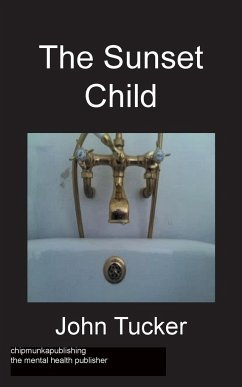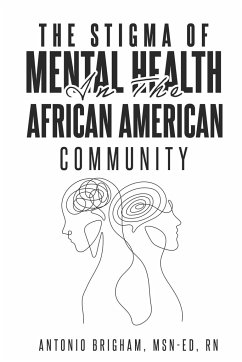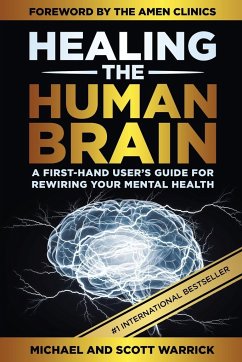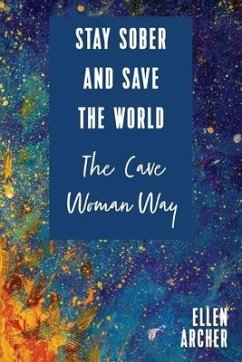
The Vivid Colors of the Wounds of War
Versandkostenfrei!
Versandfertig in 1-2 Wochen
17,99 €
inkl. MwSt.

PAYBACK Punkte
9 °P sammeln!
Wars result in wounds. Associated with the wounds are colors, for example, the Purple Heart which is awarded to those wounded in combat. The author uses the color scheme to inform, inspire, and challenge the reader, and uses the paradox of the "colorless color" to draw attention to two significant health issues that go unnoticed by many, including mental health conditions of PTSD and the tragic reality of veteran suicide, and the long-term physical effects of chemical and toxic exposures, such as Agent Orange, on combat veterans. Every day that passes is "too late" for many. The author, a Viet...
Wars result in wounds. Associated with the wounds are colors, for example, the Purple Heart which is awarded to those wounded in combat. The author uses the color scheme to inform, inspire, and challenge the reader, and uses the paradox of the "colorless color" to draw attention to two significant health issues that go unnoticed by many, including mental health conditions of PTSD and the tragic reality of veteran suicide, and the long-term physical effects of chemical and toxic exposures, such as Agent Orange, on combat veterans. Every day that passes is "too late" for many. The author, a Vietnam combat veteran, offers a challenging perspective on the sacrifices and costs of a nation's freedom and the care of its wounded warriors. How long will a country allow those who have left the presence of their loved ones for extended periods of time, who have forfeited the safety and comfort of their home, and who lived in constant peril on a foreign battlefield, who have fought to preserve liberty, freedom, and safety for a nation, return to their homeland only to struggle, suffer, and die as the freedom-loving citizenry walks by or steps over them? Far too many veterans are cast to the gutter or the ditches of life, left to live a life of homelessness, despair, and squaller, unattended to and uncared for. Many look at them as though their alcoholism and addiction have caused their awful condition. Really? Are these tragic conditions the cause? Or are they the symptoms of the real cause? Have you ever considered their plight is the result of an attempt to mask the horrific pain and suffering of the wounds of war? As our free nation teeters on the brink of extinction, as a people, together we face a crisis of historical magnitude, and we need a new generation of patriots with the courage, strength, and resolve who will stand up and shout from the rooftops of America, "Never Again!" To quote President Abraham Lincoln, as he addressed the nation in a time of great crisis, he declared that America is the "last best hope on earth." "Freedom is a fragile thing and it's never more than one generation away from extinction." President Ronald Reagan












